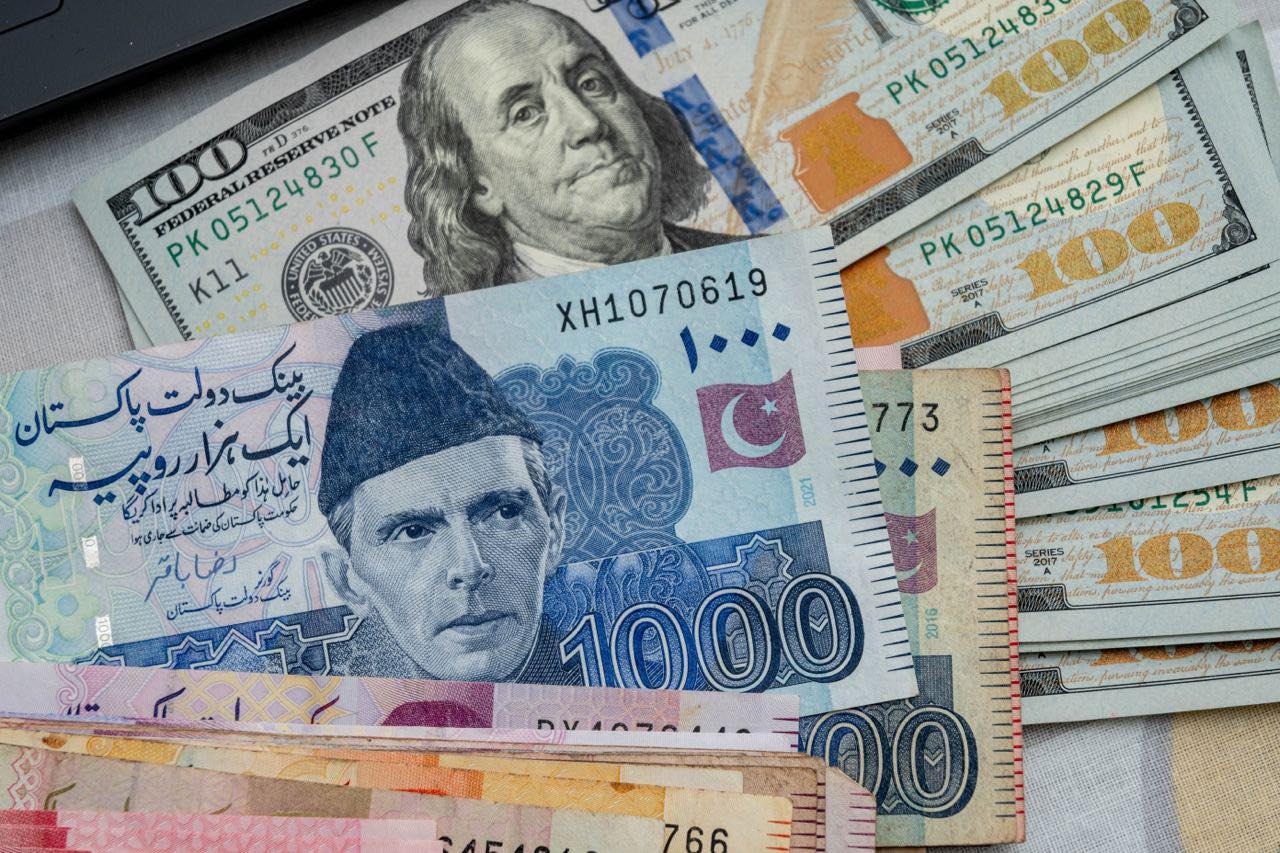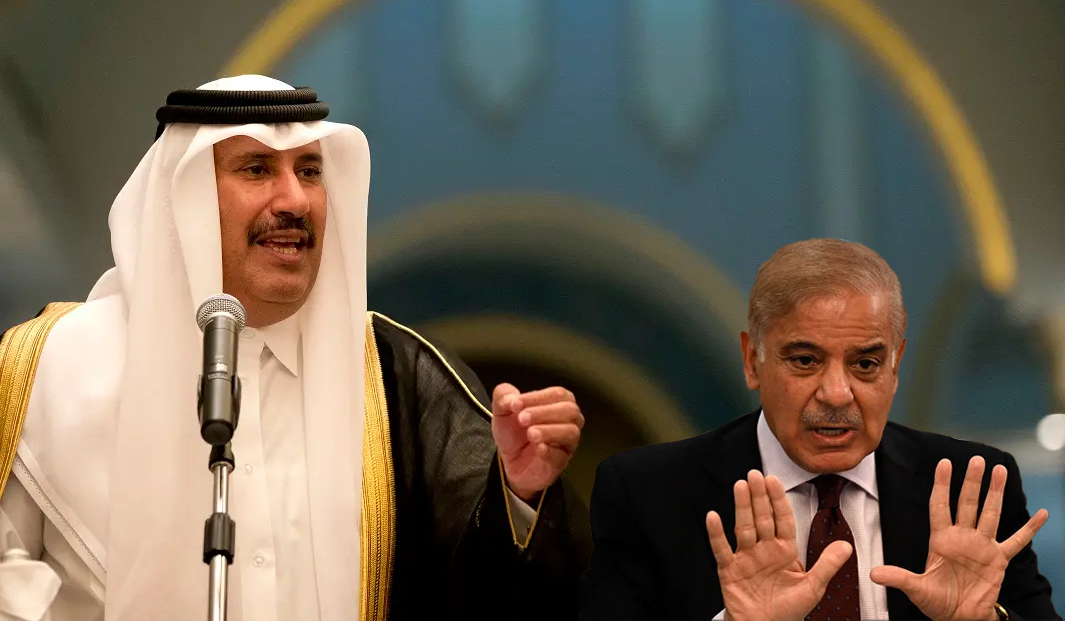The Oil Marketing Association of Pakistan (OMAP) has expressed significant concerns regarding the recent budget announcement and its potential adverse effects on the petroleum industry. As a crucial component of the national economy, the petroleum sector’s health directly impacts overall economic stability. In a detailed letter addressed to the Chairman of the Federal Board of Revenue (FBR), OMAP Chairman Tariq Wazir Ali outlined several critical issues that need urgent reconsideration.
One of the primary concerns highlighted by OMAP is the classification of petroleum products (POL) as exempt goods. This reclassification is poised to significantly impact the operational expenses of the Oil Marketing Companies (OMCs). The increased operating expenses and general expenditure will further strain the working capital of already financially challenged OMCs.
The issue of the turnover tax was another significant point raised in the letter. Chairman OMAP emphasized that the application of a minimum tax rate of 0.50% on OMCs has a detrimental impact on their profitability and cash flow. This tax rate is particularly burdensome for OMCs with thin margins or those with disproportionately low profits compared to their revenue. The current turnover tax rate, equating to PKR 1.02 per liter, is deemed unjustifiable in a regulated margin environment.
OMAP has requested a reduction of the turnover tax to 0.25%, which would allow OMCs to retain a greater portion of their margins. This adjustment is crucial for enabling OMCs to better navigate the prevailing economic challenges.
Another significant concern is the proposed increase in the petroleum levy by PKR 20 per liter, raising it from PKR 60 to PKR 80 per liter. OMAP foresees several detrimental impacts of this increase on OMCs and the broader economy.
The immediate effect of the increased petroleum levy will be a substantial elevation in the cost of petroleum products. Given the competitive nature of the industry, OMCs anticipate a significant drop in demand, which would severely compress profit margins. This scenario poses a threat to the financial stability and investment capabilities of OMCs. The elasticity of demand for petroleum products suggests that such price hikes can lead to lower consumption volumes, further exacerbating the financial strain on OMCs.
The proposed levy increase also carries potential macroeconomic repercussions. Higher transportation costs resulting from increased petroleum prices can lead to elevated prices for goods and services across the board. This, in turn, contributes to inflationary pressures, adversely affecting the purchasing power of consumers and potentially slowing down economic growth.




